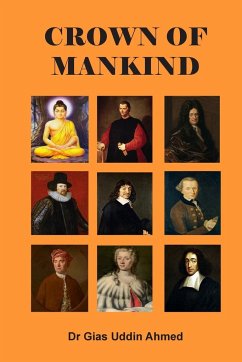Introduction Love of Wisdom Philosophy ('love of wisdom') is the study of general and fundamental questions, such as those about reason, existence, knowledge, values, mind, and language. Such questions are often posed as problems to be studied or resolved. The term was probably coined by Pythagoras (570 - 495 BCE). Philosophical methods include questioning, critical discussion, rational argument, and systematic presentation. Historically, philosophy encompassed all bodies of knowledge and a practitioner was known as a philosopher. From the time of Ancient Greek philosopher Aristotle to the 19th century, "philosophy "encompassed astronomy, medicine, and physics. For example, Newton's 1687 Mathematical Principles of Natural Philosophy later became classified as a book of physics. In the 19th century, the growth of modern research universities led academic philosophy and other disciplines to professionalize and specialise. Since then, various areas of investigation that were traditionally part of philosophy have become separate academic disciplines, such as psychology, sociology, linguistics, and economics. Today, major subfields of academic philosophy include metaphysics, which is concerned with the fundamental nature of existence and reality; epistemology, which studies the nature of knowledge and belief; ethics, which is concerned with moral value; and logic, which studies the rules of inference that allow one to deduce conclusions from true premises. Other notable subfields include philosophy of science, political philosophy, aesthetics, philosophy of language, and philosophy of mind. The Age of Enlightenment (also known as the Age of Reason or simply the Enlightenment) was an intellectual and philosophical movement that dominated the world of ideas in Europe during the 17th and 18th centuries. The Enlightenment developed as a European intellectual and scholarly movement known as Renaissance humanism following an era of exploration of new continents and the Scientific Revolution, including the work of Francis Bacon, among others.
Hinweis: Dieser Artikel kann nur an eine deutsche Lieferadresse ausgeliefert werden.
Hinweis: Dieser Artikel kann nur an eine deutsche Lieferadresse ausgeliefert werden.








